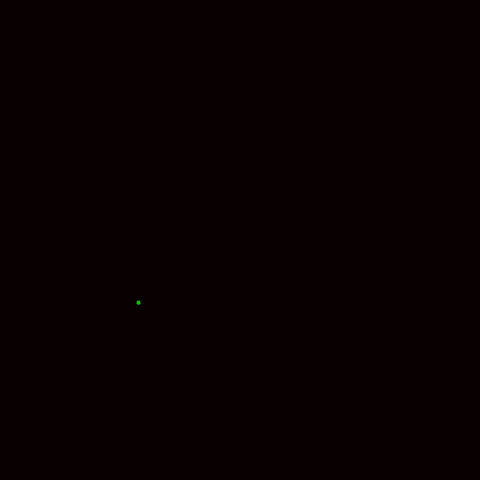Alán Aspuru-Guzik, AkshatKumar Nigam, and Matteo Aldeghi
The University of Toronto and Vector Institute
http://matter.toronto.edu
We would like to use this new space, The Matter Blotter to give you an update about our ongoing research projects.
Last year, one of us (Alán) was engaged in an exciting collaboration with Insilico Medicine and WuXi, where AI generative models were employed to discover lead drug candidates for DDR1 Kinase in record time (paper). The article was a significant milestone as it presented, perhaps for the first time, lead candidate discovery with AI at such a quick pace.
When the COVID19 pandemic started, our team organized a collaborative, open-science effort aimed at discovering small-molecule drugs against the virus. Many more similar initiatives around the globe have been started, targeting the development of vaccines, personal protective equipment, antimicrobial surfaces, and ventilators. In particular, we would like to highlight the COVID Moonshot, an international consortium of scientists from both academia and industry that is crowdfunding drug discovery research.
While a COVID vaccine would be able to prevent the disease, small-molecule antiviral therapies can drastically improve clinical outcomes for infected patients. Furthermore, these antiviral compounds may have activities beyond the SARS-Cov2 virus and be useful to treat coronaviruses infections more broadly.

All the new antiviral drug development efforts can be thought of as chips on a roulette table. Many groups are working on attacking proteins on the surface of the virus, or traditional viral targets such as its main protease (3CL-pro). We decided to place our chips on a more lonely number on the map, namely the NSP16 methyltransferase. This decision was based on our collaborator Matthieu Schapira's suggestion and is supported by previous studies on the equivalent SARS-CoV protein.
The Matter lab (our research group) partnered with the groups of Masoud Vedadi and Matthieu Schapira from UofT and the Structural Genomics Consortium (SGC), Robert Batey from the Chemistry Department at UofT, Ho Leung Ng from Kansas State University, and Vincent Voelz from Temple University and Folding@Home team to carry out this small-molecule drug discovery project in a similar fashion to our past work.
The SGC compound libraries will be screened against the NSP16 protein to obtain the starting points for potential COVID-19 inhibitors. Additional optimization of promising compounds will be done in the Aspuru-Guzik and Batey organic chemistry laboratories.
We have successfully developed a workflow for the generation and testing of molecules using docking and, with the help of Rob Batey and chemists of our lab, identified synthesizable candidates that are undergoing further testing on the Folding@Home servers. Once these calculations are done, we will synthesize or purchase the compounds and test them in Masoud Vedadi’s lab. We make use of data independent chemical space exploration techniques - like the group’s ICLR paper, which generated the very nice animation below that shows different generations of compounds as a genetic algorithm generates them in a two-dimensional dimensionality reduction of the search space.

We are thankful to UofT and the Vector Institute for being our homes for this project and to all the people we have discussed this project with, as well to Dr. Anders G. Frøseth for his generous support of our research group activities.
We don’t want to overstate our chances of success, our project is a long-shot and most likely will not be effective in the very near term given that any compound discovered would need to go through several stages of testing and trials, but we are still hopeful that our bet will pay off and that the compounds we are studying will be effective against coronaviruses.
All bets are on!



